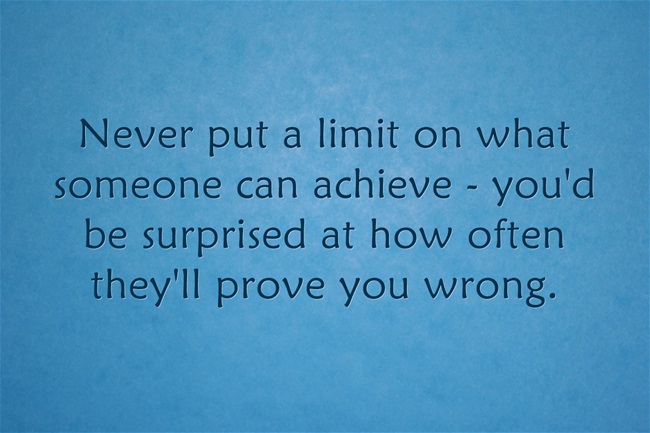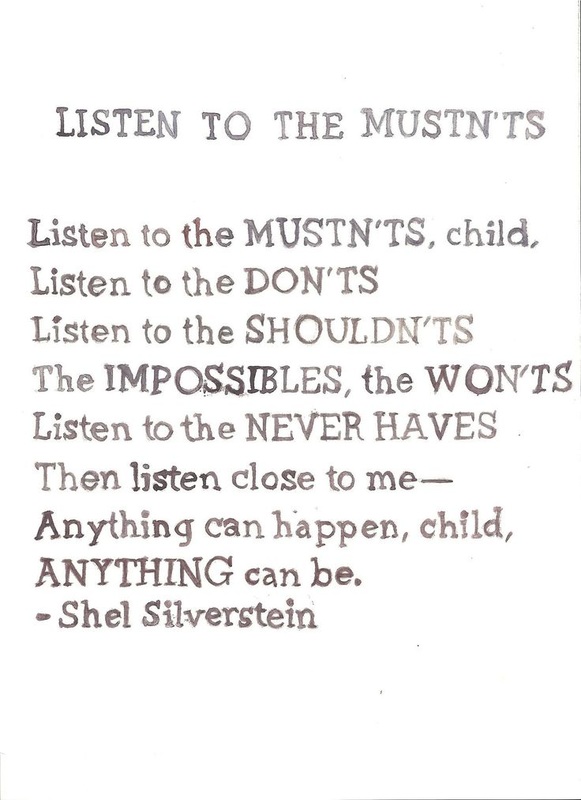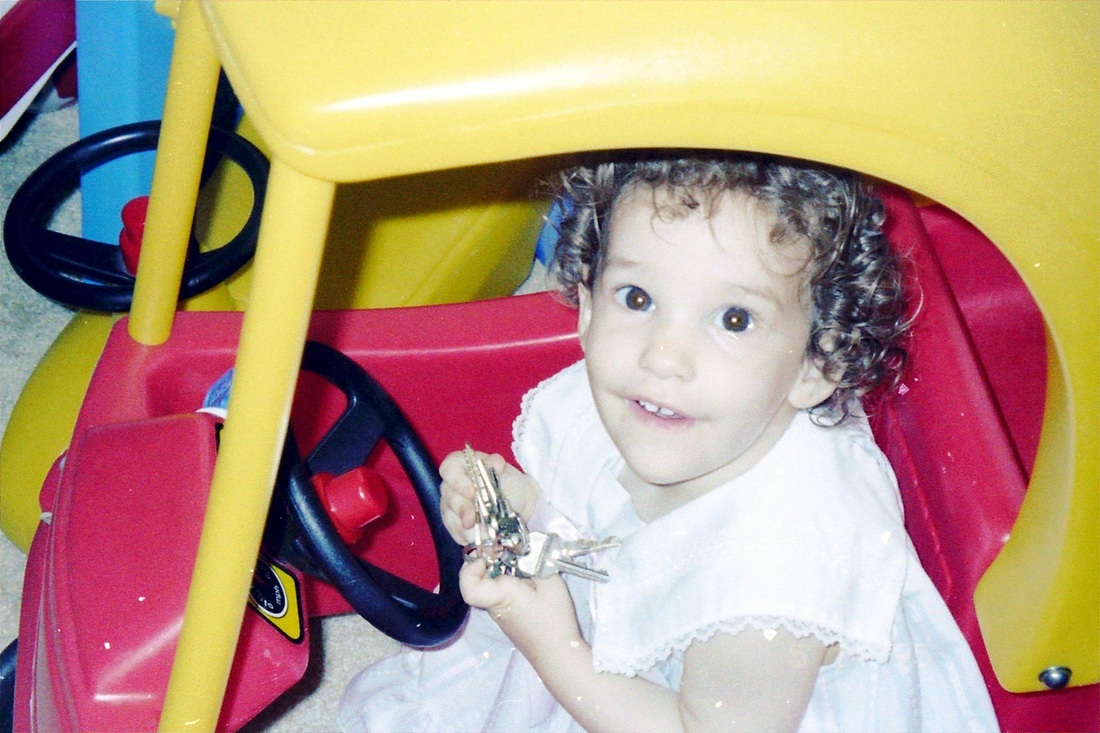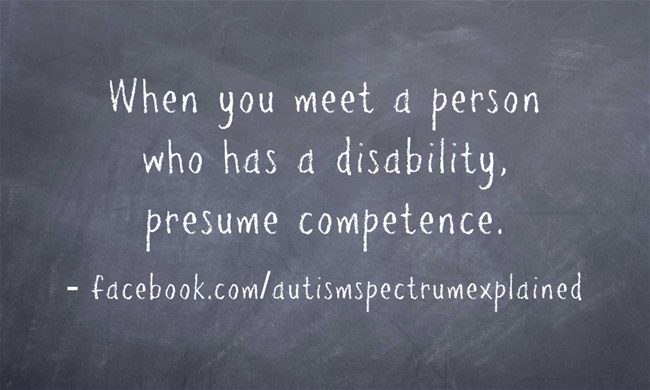"She has serious social and learning difficulties. Within reasonable medical probability, she will have difficulty performing college work adequately unless she has special accommodations.
Based on my interviews with her and her mother, she will, in the foreseeable future, not be able to live independently due to her significant problems with peer relationships, impairment in the use of non-verbal behaviors to regulate social interaction, her extreme intolerance to change, and her rather stereotyped interests and behaviors."
I would like to point out that less than a year later, Caley was living independently. And shortly after that she was performing her college work sans accommodations. I don't say this to decrease your trust in autism professionals - after all, I hope to become one. I'm also not trying to put down accommodations or assisted living - recently Caley moved back in with me for a little bit while she gets off her feet post-graduation, and she definitely has benefited from accommodations in the past.
What I am saying is that evaluations like this HURT. Reading this hurt my mother and my sister, and devalued her belief in her own competence. What's more, attempts to predict the limits of a person's abilities are generally pretty doomed to failure. There is no way to truly know what someone will and won't be able to accomplish. So we should never, EVER say never.
-Creigh




 RSS Feed
RSS Feed
